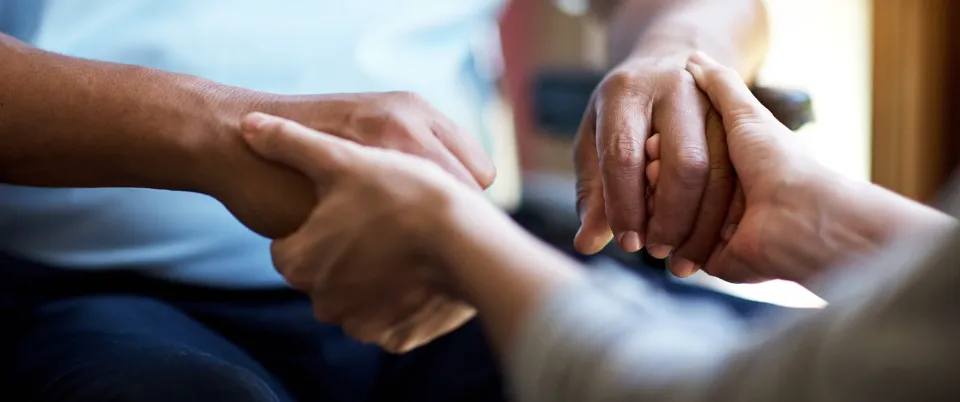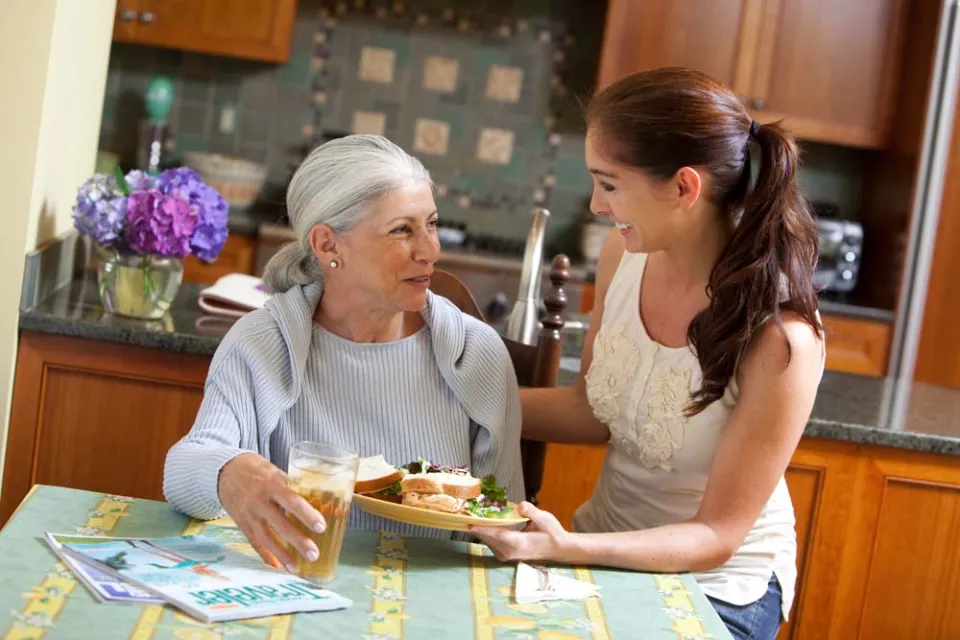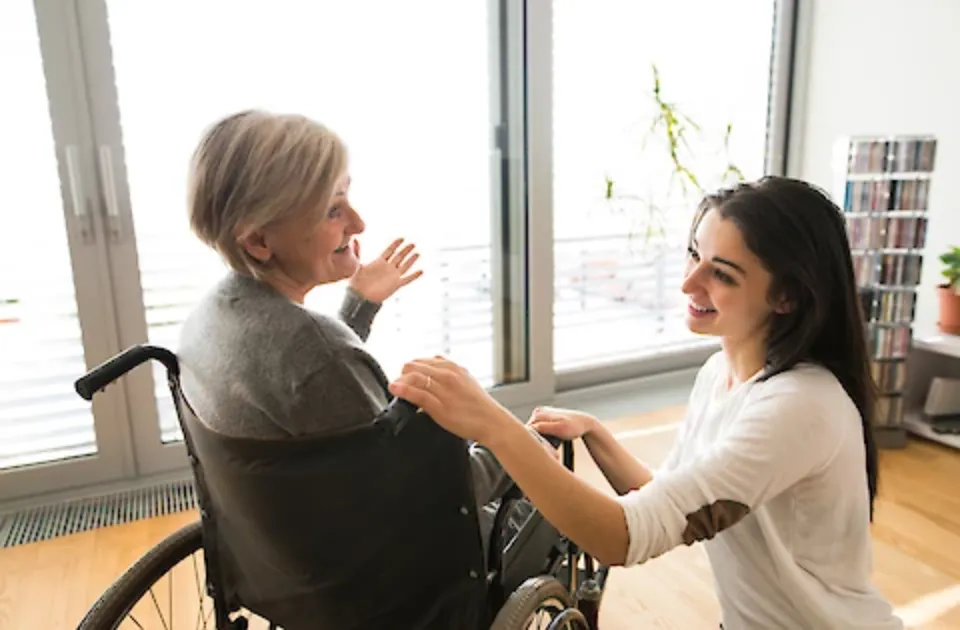More education can open doors to careers in more specialized fields, such as hospice or palliative care, dementia care, and other related fields.
Caretaker certification will put you miles ahead of the competition if you are passionate about a career as a skilled, professional senior care provider.
For more information on caretaker certification, read on. We’ll start by going over the fundamentals, which include necessary credentials, frequent inquiries, how to become certified, and more.
Read to know: How Many Hours Can a Caregiver Work in a Day? – Elder VIP
What is a Caretaker?
A caretaker is someone who lends a helping hand to people who require it when performing daily tasks. The elderly, veterans, people with disabilities, and patients getting treatment at home may all fall under this category. Simple tasks like grocery shopping, transportation, or merely reminding the person to take their medication can be considered caregiving. However, some people require more substantial help with daily activities.
You can choose between working as a paid or volunteer caretaker by being aware of what that position entails. While most of the time you will only spend a few hours providing assistance to elderly people who live at home, occasionally the tasks may take up so much of your time that you are unable to work another job.

In order to meet your own needs, such as paying your bills, it is imperative that you make a wise choice about your path. Nevertheless, helping others has health benefits as well, and some researchers even contend that it may lengthen your life.
You can eliminate your concerns about leaving your loved ones with a stranger by taking on the care of a family member, for example. You can be certain that they are content, aging gracefully, and not being exploited. Your ability to care for your own loved ones will improve if you are aware of the best elderly care techniques.
Why is a Caretaker Certification?
Caretaker certification is important because it shows that you have the training and expertise to provide a higher level of care. Additionally, it demonstrates that you not only finished your training but also passed a certification exam to prove your knowledge.
In a similar vein, certification is evidence of lifelong learning. As required by federal law, certified caregivers must continue their education to maintain their certification.
You can establish your expertise in your field by earning your caretaker certification. Additionally, some businesses—like nursing homes or facilities for assisted living—only employ caregivers who have received specific training.
However, caretakers are not always required for those who provide ADL assistance, companionship, or assistance with other necessary tasks.
A license is typically required for professionals who provide medical support, such as Certified Nursing Assistants (CNAs), Home Health Aides (HHAs), and others.
In addition, certification is required for services that qualify for Medicare reimbursements. Medicare-certified caregiving organizations are required by federal law to employ certified caregivers for services that qualify for Medicare benefits.
Since they offer non-medical services like companionship, light housekeeping, meal preparation, and companionship, personal care aides and companion caretakers typically don’t need certification.
Job Requirements of a Caretaker
Related: What Are 4 Types of Caregivers: Difference&How to Choose? – Elder VIP
Being a caretaker is a difficult job. You must meet certain caretaker requirements. Any agency would want the fulfillment of the following 3 caretaker qualifications:
Certified Nursing Assistant (CNA)
The Certified Nursing Assistant (CNA) program grants caregivers nursing certification, as the name implies. Caretakers are trained and certified through a government-run program. Additionally, CNA training includes instruction on medical conditions and their treatments. It is a certification that senior citizens highly value.
Personal Care Attendant (PCA)
Homemakers are Personal Care Attendants (PCA). This means that PCAs are qualified to handle the regular household tasks. They lack many credentials and have a low level of education as a result. However, some states demand a certain number of training hours before a caregiver can become a PCA.
Home Health Aide (HHA)
HHA and CNA are comparable. Nevertheless, they don’t do much. HHA is a state-run caregiver license. Therefore, before receiving this certification, caregivers must complete some training and pass some exams.
How to Become a Caretaker?
You can become an in-home family caregiver by going down one of two main paths. The first is through volunteer work, and the second is by turning caregiving into a career.
Your greatest asset, if you’re considering volunteering, will be a desire to help those in need. To meet the needs of their clients, many nonprofit organizations that provide free caregiving services rely on volunteers. For you to fully understand what a caretaker is and what duties a volunteer caretaker with the organization you select has, the organization should offer training. Since you won’t be paid for your volunteer work, it’s important to schedule your time wisely to combine your regular job with caregiving activities and prevent caregiver burnout.
Most of the time, no formal training is necessary to work as a non-medical caregiver, but it is undoubtedly helpful to have some knowledge of the most effective ways to interact with patients and their families. On the other hand, becoming a certified nursing assistant requires college training and certification in order to work as a medical caretaker.

You can become a family caretaker through any of the following ways:
- Become an employee of a caretaker agency; the employer will assign you a client (a family member) and pay you a monthly salary, just like in any other job.
- Obtain direct employment from those who require help or their families; the client or their family will pay you for your services.
- You will be compensated by the government if you offer caretaking services to those who are eligible for caretaker stipends.
- You can help out by volunteering for a cause or your loved ones; you don’t need to be paid to look out for a family member, a friend, or a neighbor.
People with particular traits might be better at providing in-home care or might enjoy the job more. You should have the flexibility to work and live in various settings. You should be aware that helping elderly people who are living at home will be your main responsibility. To effectively communicate with your clients, you should also have good communication skills or be willing to develop them. Being able to treat clients with respect and care is perhaps the most crucial skill. Many of your elderly clients will require assistance with personal tasks like bathing and using the restroom. In these circumstances, it can be challenging but also necessary to maintain dignity.
Conclusion
You now understand how to take on the role of a family member’s caregiver. But the procedure is not so easy!
Depending on your background, credentials, and the requirements of the person or people you’re taking care of, the process for becoming a caretaker can change. However, some advice on how to become a caretaker includes investigating various policies and eligibility requirements, enrolling in community-based service programs, connecting with other caretakers, and getting certified.



